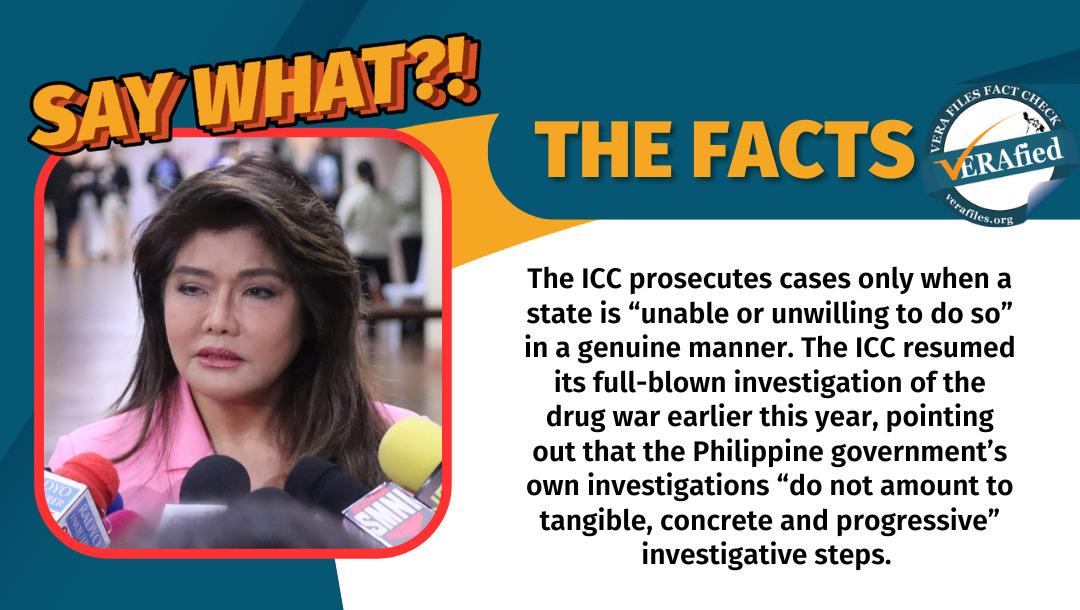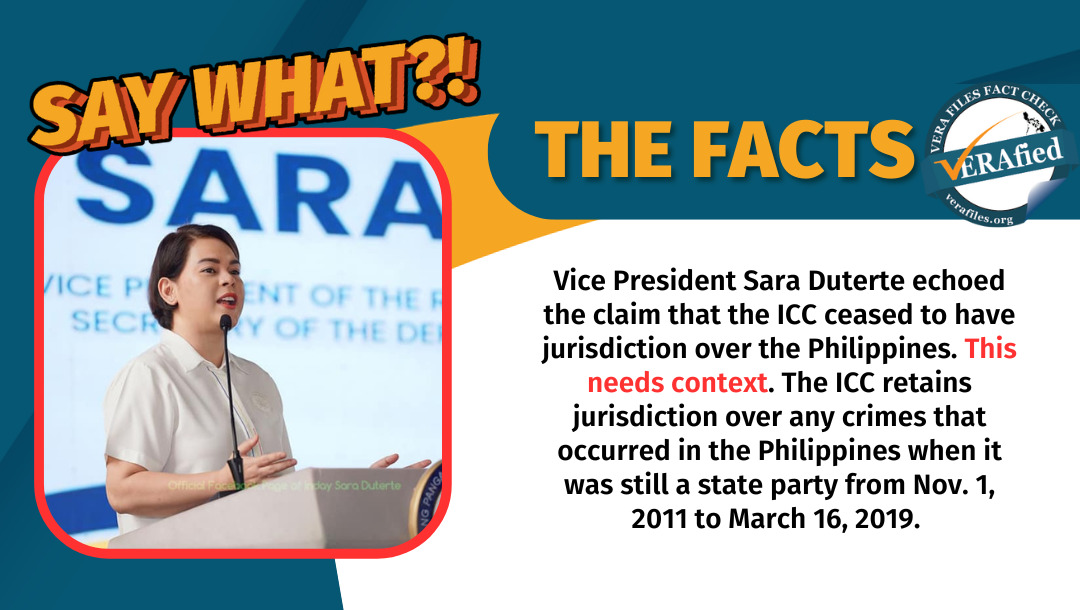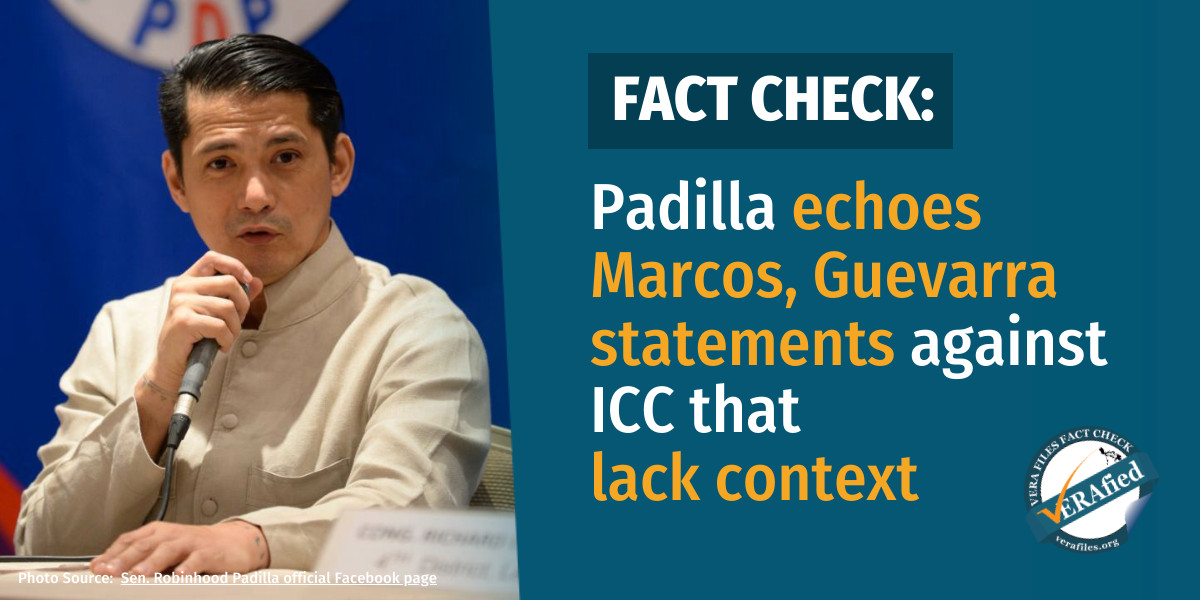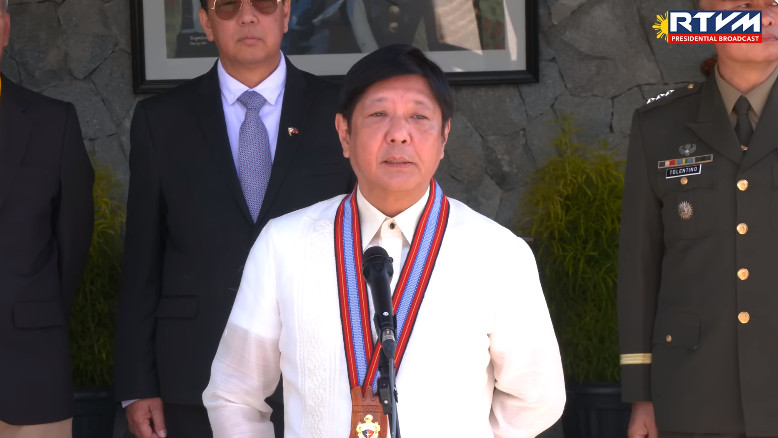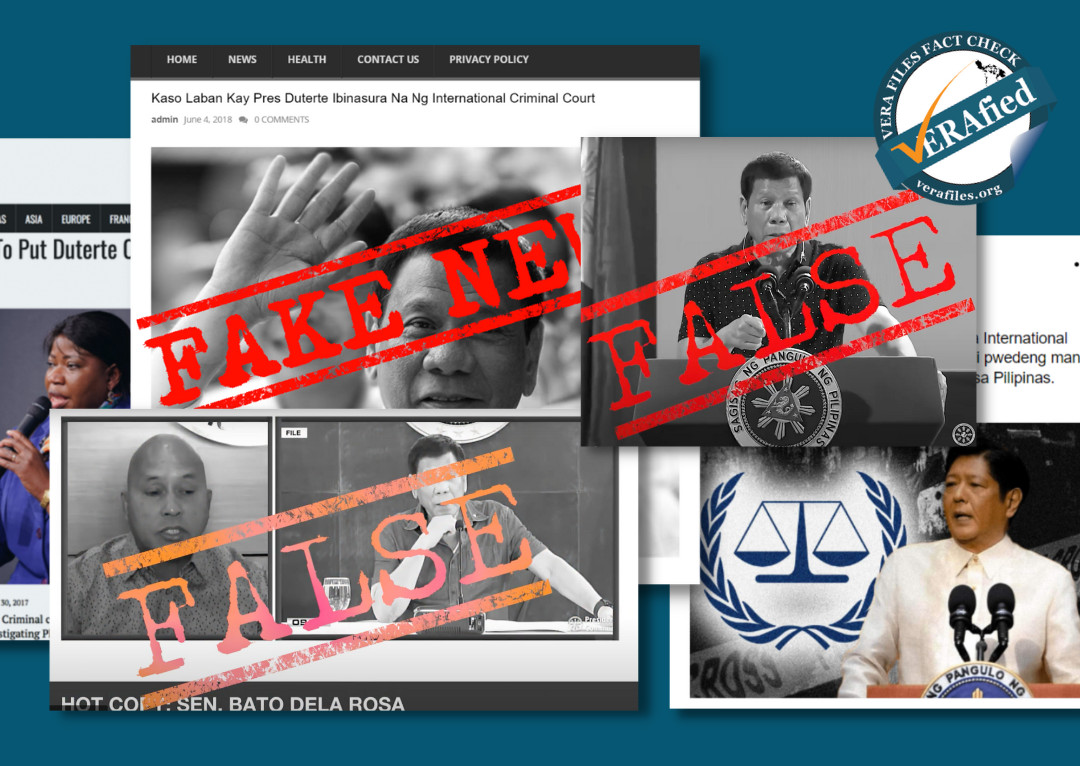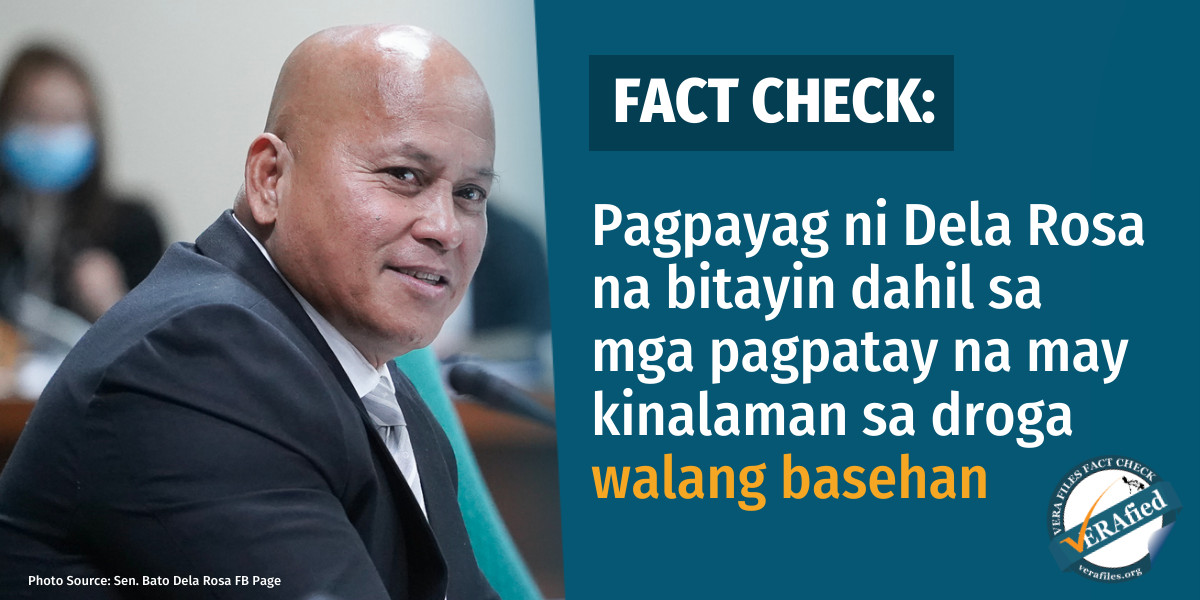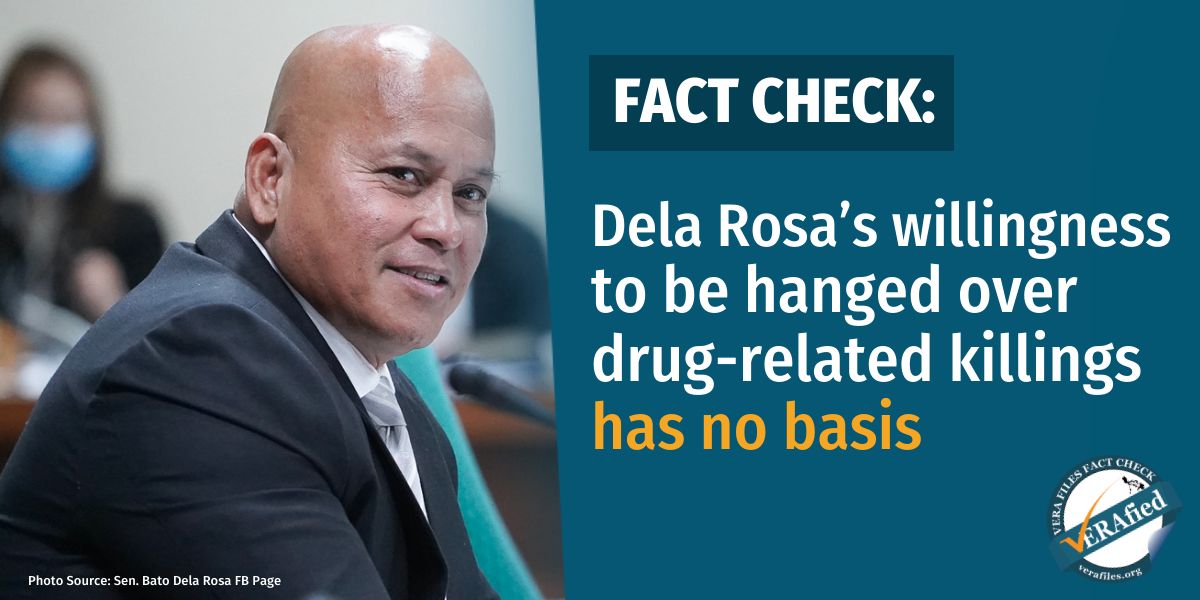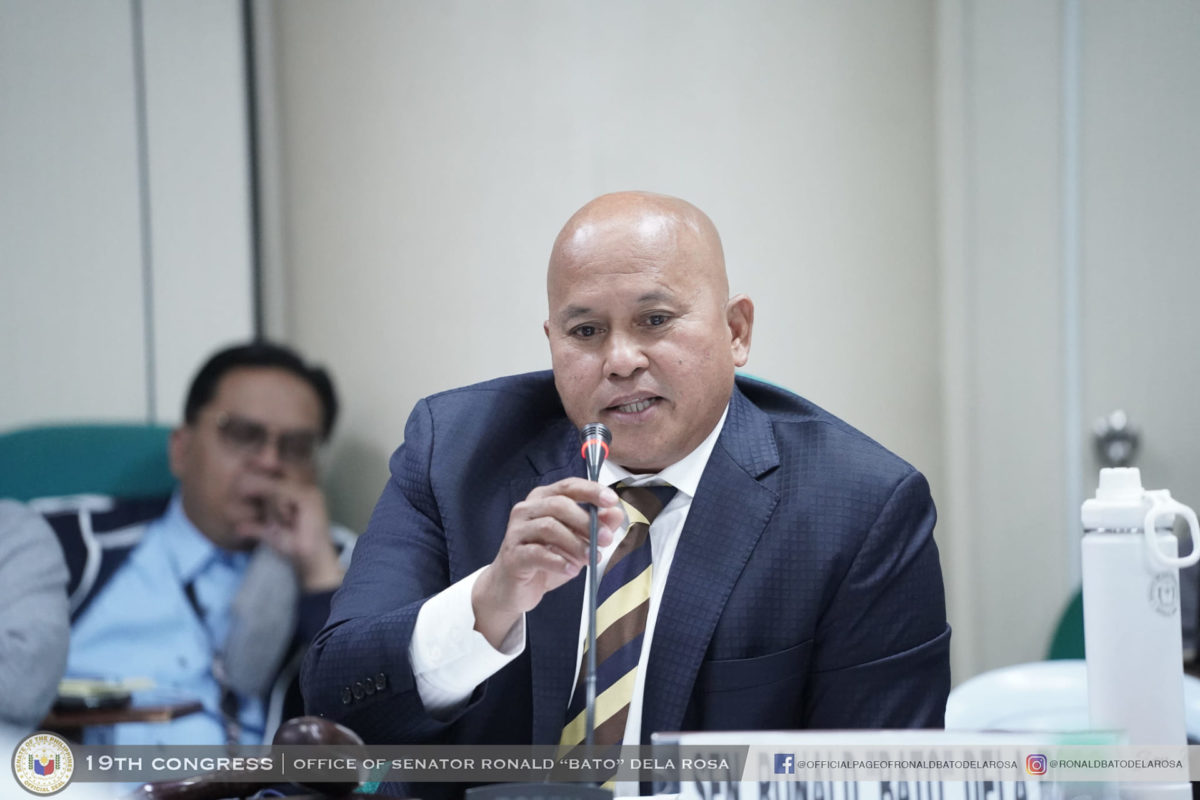VERA FILES FACT CHECK: Imee Marcos MISLEADS in claim that ICC has ‘no jurisdiction’ over drug war probe since PH has ‘functioning’ courts
This makes Marcos one of the many public figures who have made misleading claims in asserting the Philippines’ “non-cooperation” to the ICC’s probe of the Duterte administration’s drug war.
